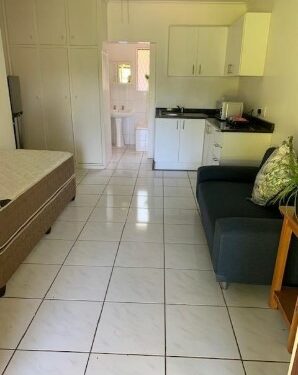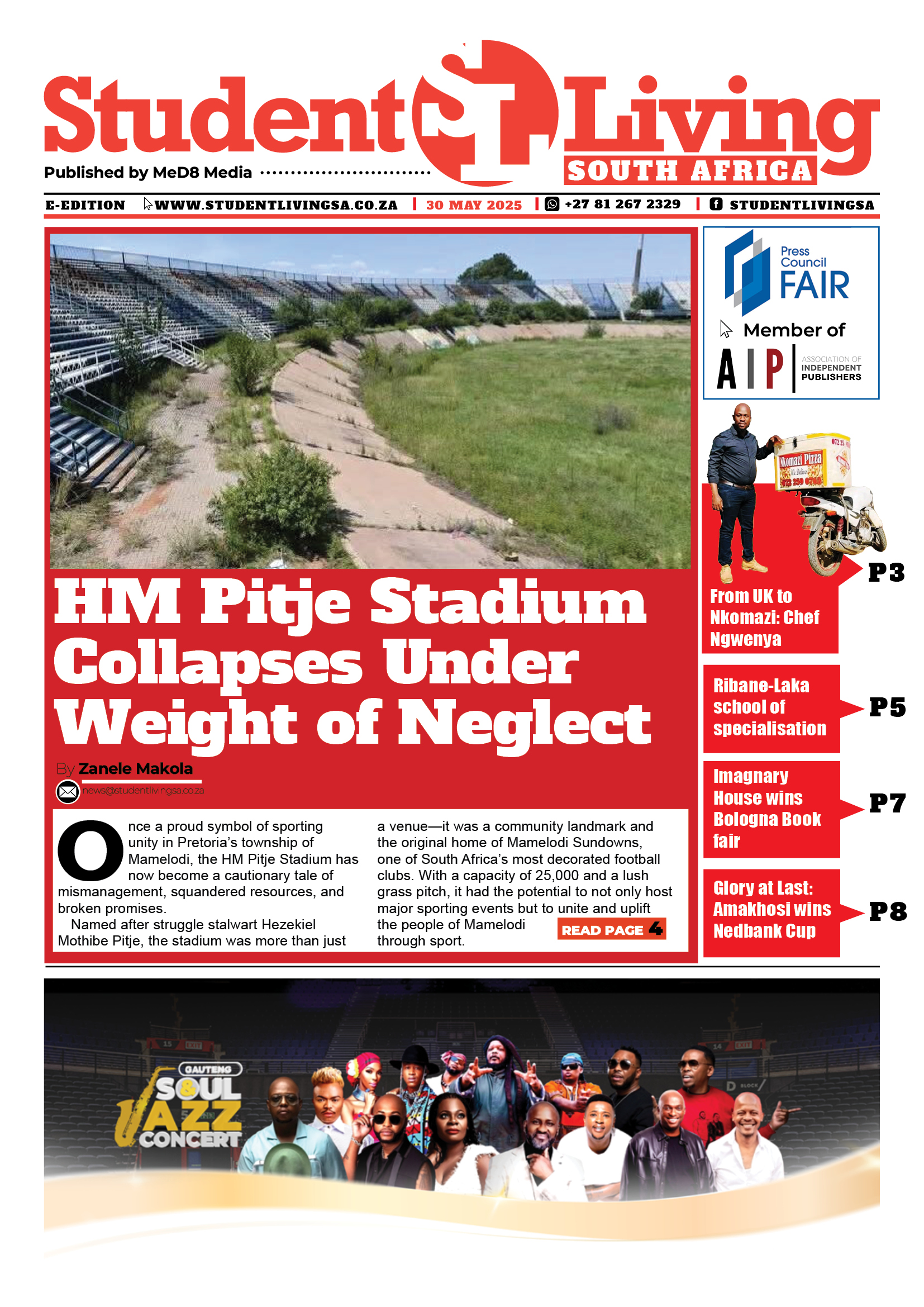Byline: Carlifonia Dube
Around March, all institutions of higher learning were urged to suspend all academic activities due to the outbreak of the Coronavirus (COVID-19). Many students had to return home to be quarantined and prepare for the outbreak of the virus. Unfortunately, some of the students who live in off-campus accommodations were left to pay rent since they have left their belongings despite the lockdown. Nevertheless, some landlords took a different approach and reduced or frozen rent for their tenants.
Tshwane University of Technology Student Gift Mogobane said “I am aware that in this unprecedented time, the accommodation business became bread and butter to them since many jobs have been cut down but on the coin there’s no justice for students especially the vulnerable ones. Yes, the institution has tried to outsource many buildings for accreditation thus far but not all students got access to live in them. Some of us are staying in private accommodations and we are still obliged to pay the full settlement whereas we are not there”.
Various students said they are concerned about paying full rent since their parents had a loss of income due to the changes forced by COVID-19 pandemic. “We are not using lights nor, water and I understand that the contracts stipulate very well that we have to pay monthly provided if we are residing there. It would be nicer if the landlords requested us to pay at least 50% of our principal amount not the original price,” added Mogobane.
There might be rules with renting in a private accommodation, but nobody was ready for the national crisis that was created by the Coronavirus. The spread of the pandemic has left some parents without income and some are on the brink of losing their jobs. As a result, adjustments need to be made.
“Personally, I think it is unfair and sad for landlords to expect full rent from students, I mean how can you expect a student to pay a full rent for a period of three months whereas they are not there. This matter must be taken into consideration because we only pay rent for water and electricity and for the safety of our belongings. They should at least demand 30% of the rent money,” said TUT post-graduate Nolwazi Maseko.
















